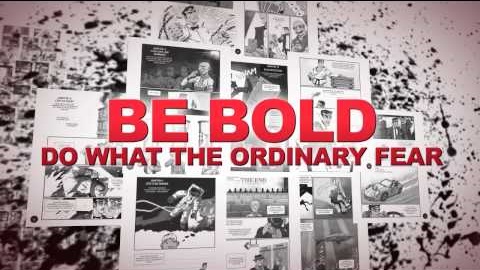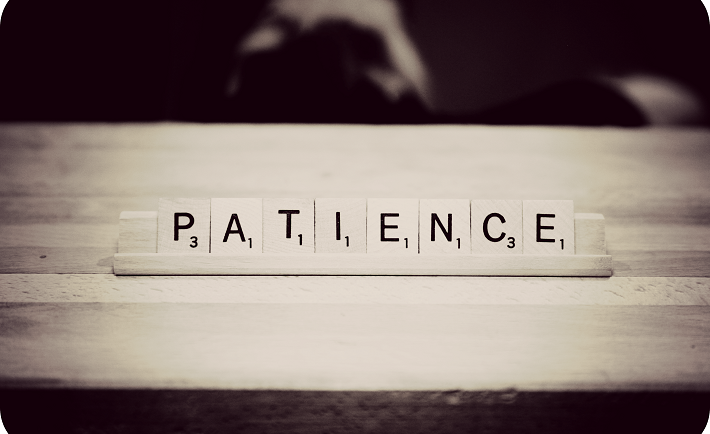“By far the most difficult skill for me to learn as CEO was the ability to manage my own psychology. Organizational design, process design, metrics, hiring and firing were all relatively straightforward skills to master compared to keeping my mind in check. It’s like the fight club of management: The first rule of the CEO psychological meltdown is don’t talk about the psychological meltdown.”
–Ben Horowitz, The Hard Things About Hard Things
Last week in our podcast announcing the acquisition of Nibletz Media, Nibletz CEO Nick Tippmann said the most important thing he’d learned in building the company was that as a founder, you have to manage your own psyche.
When you’re the founder, there’s no one else to take responsibility. You’re the first and the last stop for everything in your company, which includes your own salary if not that of a team. You’re responsible for product-market fit, raising investment or funding it yourself, company culture, company reputation…
Talk about pressure. No wonder founders are all a little crazy.
But, at the risk of breaking the first rule of the CEO psychological meltdown, let’s talk about it for a minute.
It’s totally normal.
Well, as normal as anything else we entrepreneurs do. If you’re a startup founder, you will have at least one psychological breakdown, and anyone who tells you they haven’t is a liar. Or a bad entrepreneur.
Ben Horowitz, successful entrepreneur and VC, wrote an entire book about how hard it is to start a company. Trust me when I say you’re not alone.
Now that you know you’re not the only one, what do you do when the psyche threatens to manage you instead?
Acknowledge Your Thoughts
First, don’t run from your negative thoughts. Acknowledge them. If you pretend you aren’t having them, you’re just fooling yourself and not really addressing the issue.
Take a deep breath and take note of the thought that’s trying to control you.
Now, is there something you can do about it?
Maybe you’re thinking your idea is too crazy and there’s no way it could work. Remind yourself of why you started in the first place. Talk to the people you’ve recruited, listen to the customers you already have.
Is there a particular issue that’s come up that you worry you’ll never solve? Block out some time, either by yourself or with the appropriate team members, and figure out some action steps you can take. Maybe you won’t see the complete solution, but getting started will make you feel better than worrying.
Do Something Else–Like Sleep
We entrepreneurs are infamous for our insomnia.
But, really, everything looks worse when you’re exhausted.
The best thing you can do for yourself is have one thing you do to relax. Read fiction. Watch science fiction. Exercise. Hang out with loved ones. Some kind of hobby or distraction will not only get you out of your own head, it might very well help you relax enough to solve whatever problem you’re facing.
Making a point to relax will also help you sleep. Worst comes to worse, I’m not above some melatonin or Nyquil to get the brain to stop moving.
Have a Great Cofounder
There’s a certain pressure as a founder to always be upbeat and positive. Your employees need it, your investors want it, and you better never let the press see you sweat.
Thankfully, if you have healthy cofounder relationships, you also have built in support.
Building a business is often compared to marriage. You and your cofounders have sacrificed everything to get your baby out into the world. No one knows what it’s like in the trenches than the people in there with you.
While building Nibletz, this is one area Nick and I did really well with. Almost always when one of us was doubting or stressing, the other was able to give encouragement. Managing your own psyche may be primary, but it’s great to have partners help out with that every now and then.
Whether you have great cofounders or not, building a community of peers and mentors will also help manage the daily strains and stresses of entrepreneurship. Go to founder meetups and conferences, get coffee with fellow entrepreneurs, and join communities like our Serious Founders group to get that extra support.
Managing your own thoughts and psychology is–by far–the most difficult part of entrepreneurship. There may be tips and tricks, but ultimately it will always fall to you.
And if you can learn that skill, you’ll find that you win more often than you lose.














